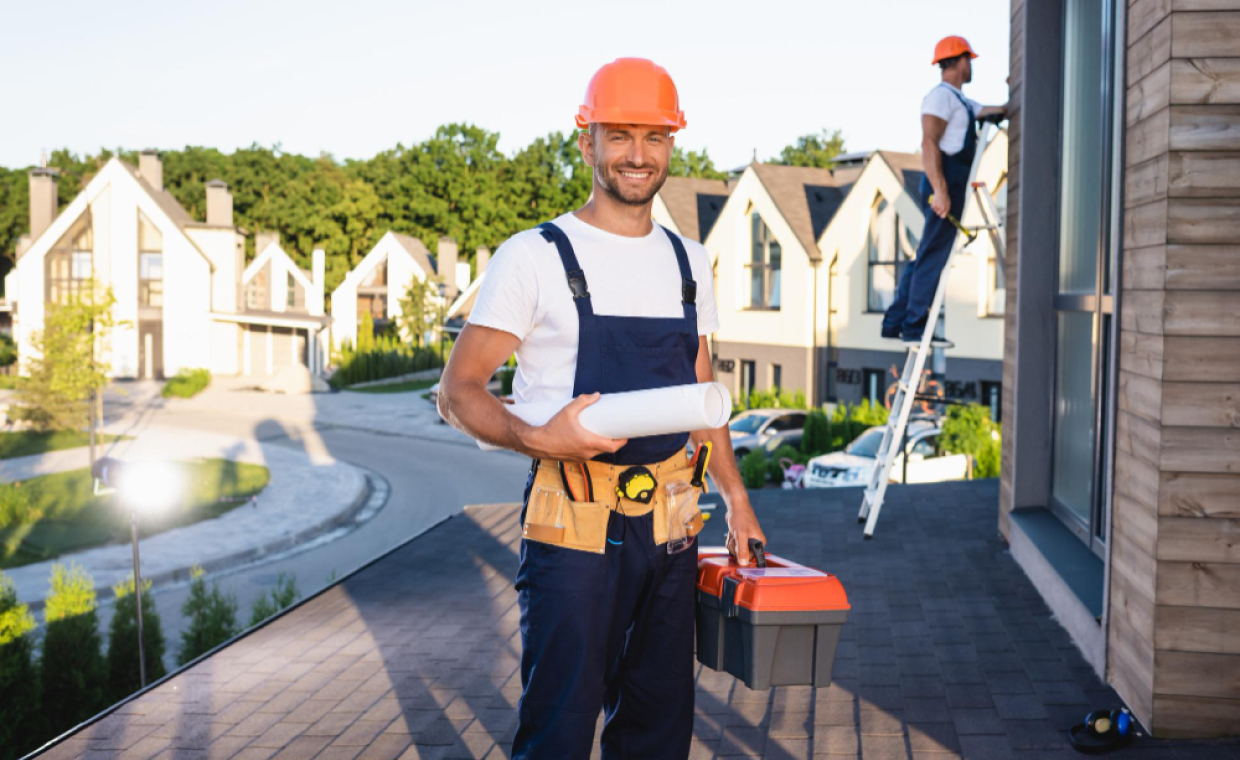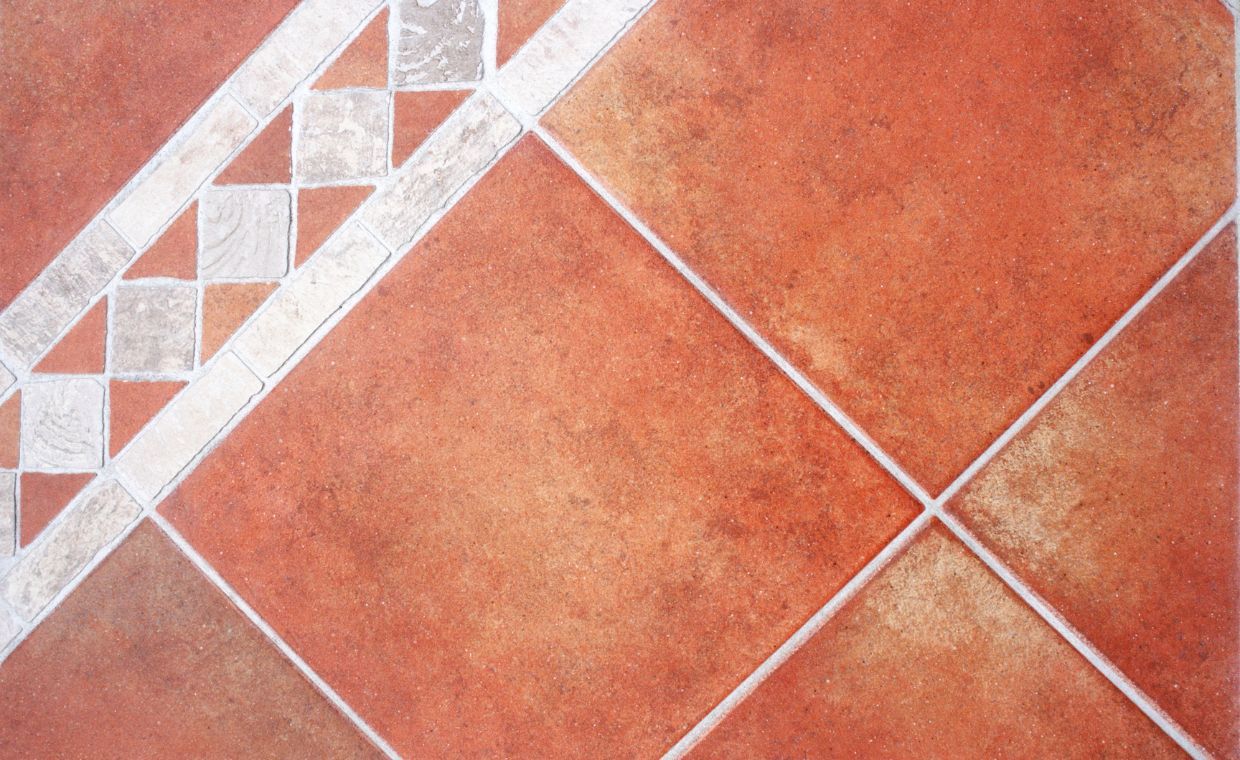
When it comes to maintaining a functional and secure home, garage doors play a crucial role. However, like any other mechanical system, they are susceptible to wear and tear over time. Whether it’s a minor inconvenience or a major malfunction, understanding the common garage door issues and knowing when to seek professional garage door repairs can save you time, money, and frustration. In this comprehensive guide, we’ll explore some of the most frequent garage door problems faced by residents and provide practical solutions on how to fix common garage door issues efficiently. If you’re experiencing any of these issues, seeking professional help from a reliable provider of garage door repairs is always a wise choice.
01. Garage Door Won’t Open or Close

One of the most common complaints among homeowners is a garage door that refuses to open or close. This issue can stem from a variety of causes, including:
- Dead Remote Batteries: If your remote control is unresponsive, the first thing to check is the batteries. Replace them and try again.
- Misaligned Photo Eye Sensors: Modern garage doors are equipped with photo-eye sensors that prevent the door from closing if an object is detected in its path. Dust, dirt, or misalignment can cause these sensors to malfunction. Cleaning the sensors and ensuring they are properly aligned can often resolve the issue.
- Broken Torsion Springs: The torsion springs are responsible for lifting the heavy door. If they break, the door may not open at all. This is a serious issue that requires immediate professional attention, as attempting to fix it yourself can be dangerous.
02. Noisy Garage Door
A noisy garage door is more than just an annoyance; it can indicate underlying problems that need to be addressed. Common causes of noise include:
- Loose Hardware: Over time, the nuts, bolts, and screws holding your garage door together can become loose. Tightening them with a wrench or socket set may reduce the noise.
- Worn Rollers: The rollers that guide the door along the tracks can wear out and cause the door to rattle or squeak. Replacing old metal rollers with nylon ones can make your garage door operate more quietly.
- Insufficient Lubrication: Lack of lubrication on the moving parts of your garage door can also cause noise. Applying a high-quality lubricant to the springs, rollers, and tracks can smooth out the operation.
03. Garage Door Stuck Midway

If your garage door gets stuck halfway while opening or closing, it could be due to several reasons:
- Track Misalignment: The metal tracks on which the door runs need to be properly aligned. If they are bent or misaligned, the door may get stuck. A professional technician can straighten the tracks and ensure they are level.
- Obstructions in the Track: Sometimes, debris or objects can block the track, preventing the door from moving smoothly. Inspect the tracks for any obstacles and remove them.
- Worn-Out Cables: The cables that support the weight of the door can fray or wear out, leading to uneven door movement. Replacing the cables can fix this issue, but it’s advisable to hire a professional for this task due to the high tension involved.
04. Remote Control or Wall Switch Not Working

If neither your remote control nor the wall switch is operating the garage door, the problem might be electrical:
- Power Supply Issues: Check if the garage door opener is plugged in and that there is no tripped breaker or blown fuse.
- Faulty Remote or Switch: If the power supply is intact, the remote control or wall switch may be defective. Replacing these components should restore functionality.
- Wiring Problems: A more complex issue could be faulty wiring within the garage door opener. In such cases, it’s best to contact a professional for a thorough inspection and repair.
05. Garage Door Closes Too Quickly or Slams Down

A garage door that closes too quickly or slams shut is not only a nuisance but also a safety hazard. This problem often arises from:
- Broken Springs or Cables: The springs or cables that balance the door’s weight may be broken or worn out, causing the door to drop suddenly. This is a dangerous issue that requires immediate professional repair.
- Incorrect Spring Tension: If the tension in the springs is not properly adjusted, the door may not close at a controlled pace. A professional can recalibrate the spring tension to ensure safe operation.
06. Sagging Garage Door
Over time, garage doors made of wood or other materials may start to sag. This can affect the door’s appearance and functionality:
- Loose or Worn Hinges: The hinges that connect the door panels can wear out, causing the door to sag. Tightening or replacing the hinges can correct the problem.
- Weakening Door Material: If the door material itself is weakening, reinforcement or panel replacement might be necessary. In some cases, it may be more cost-effective to replace the entire door.
07. Garage Door Reverses Before Hitting the Floor

If your garage door reverses direction before it hits the floor, the issue could be with:
- Adjusting the Limit Settings: The garage door opener has limit settings that determine how far the door should move before it stops. If these settings are incorrect, the door may reverse prematurely. Adjusting the limit settings, as outlined in your owner’s manual, can fix this issue.
- Faulty Sensors: The door might reverse if the sensors detect an obstruction, even if there isn’t one. Cleaning the sensors and ensuring they are properly aligned can solve the problem.
08. Garage Door Opener Runs but Door Doesn’t Move
If you hear the garage door opener running but the door doesn’t move, the problem might be related to:
- Disconnected Trolley: The trolley connects the opener to the door. If the trolley is disconnected, the opener may run without moving the door. Reconnecting the trolley should resolve this issue.
- Broken Drive Gear: Inside the opener, a plastic gear can wear out over time, leading to this problem. Replacing the drive gear requires disassembling the opener, so it’s best to leave this job to a professional.
Final Words
While many common garage door issues can be resolved with some basic troubleshooting and maintenance, others may require the expertise of a professional. Attempting to fix more complex problems, especially those involving high-tension springs or electrical components, can be dangerous without the proper knowledge and tools. If you’re facing persistent issues with your garage door, it’s time to consult with a trusted provider of garage door repairs and service. They can ensure that your door is operating safely and efficiently, giving you peace of mind and also let you know how to fix common garage door issues including emergency garage door repair, extending the life of your garage door system.
Also Read: Selecting the Ideal Door: Expert Advice on Materials Design and Security






























